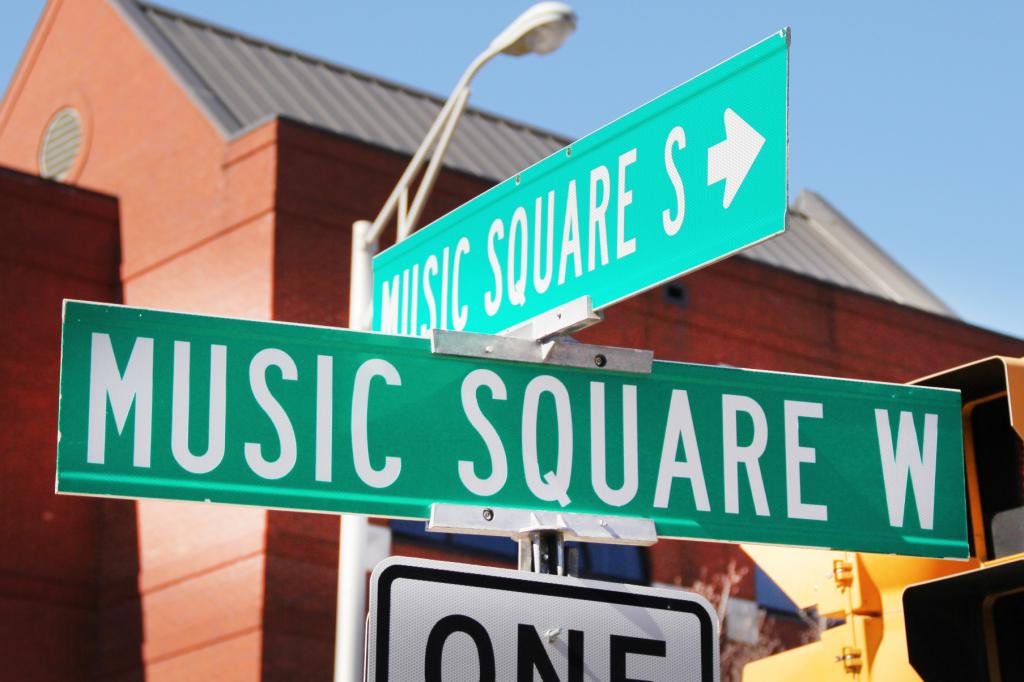The world of songwriting is constantly evolving—new sounds, new voices, new platforms, and new ways to connect with listeners. Whether you’re writing in Nashville, New York, or your bedroom, staying on top of songwriting news can help sharpen your craft, guide your strategy, and inspire your next big idea.
From hit trends and publishing deals to award wins, AI tools, and songwriter advocacy, this roundup brings together what matters most to modern music creators.
🎶 Chart Trends: Hooks, Hybrids & Emotional Honesty
In 2024 and moving into 2025, songwriting on the charts has leaned heavily into authentic emotion and melodic simplicity. The rise of artists like Noah Kahan, Olivia Rodrigo, and Zach Bryan shows that listeners crave lyrics that feel raw, real, and relatable.
Key trends include:
• Conversational lyric writing – songs that feel like a text message or journal entry
• Genre fusion – pop meets folk, country meets R&B, hip-hop meets rock
• Big hooks early – choruses or punchlines now appear within the first 30 seconds to capture short attention spans
• Shorter songs – 2:15–2:45 is now common, especially for radio and streaming
If you’re pitching songs or building your catalog, consider leaning into narrative clarity, minimalist production, and genre blending.
📈 Publishing News: Independent Writers Are Winning
Major publishing houses like Sony Music Publishing, Warner Chappell, and Universal Music Publishing Group continue to sign and promote songwriters—but independent publishers and DIY artists are closing the gap.
In the past year:
• Sync placements (TV/film/game licensing) have boosted indie writers’ income dramatically.
• Platforms like Songtrust, CD Baby Pro, and TuneCore Publishing have made royalty collection more accessible.
• Songwriters are increasingly forming writer collectives or micro-publishers to retain ownership while sharing opportunities.
Nashville-based indie publishers like Big Yellow Dog Music, Tape Room Music, and SmackSongs are proving that boutique can beat big—if the songs are strong and the business is smart.
🧠 AI & Tech: New Tools, New Questions
AI songwriting tools like Boomy, Aiva, and ChatGPT are making waves in the creative space. Some see them as a threat—others, as inspiration.
Recent developments:
• Major labels are experimenting with AI-generated backing tracks and vocal clones.
• Songwriters are using AI for idea generation, lyric prompts, and chord progressions—not replacement, but enhancement.
• Legal debates are heating up around ownership and originality when AI is involved in the songwriting process.
For now, the consensus is clear: AI can help you write, but it can’t replace the human voice behind the song. Use tech as a tool, not a crutch.
🏆 Awards & Recognition: Songwriters in the Spotlight
Recent award seasons have given more visibility to the writers behind the hits.
Highlights include:
• Grammy Song of the Year now receives heightened coverage and co-writer profiles.
• The NSAI Awards and APRA Music Awards continue to celebrate the art of lyricism and melody.
• Streaming platforms like Spotify and Apple Music now list songwriters and producers alongside artists.
Visibility = power. The more we shine a light on writers, the more opportunities open up for rising talent.
🗓️ Upcoming Events for Songwriters
Stay connected with the pulse of the industry through these key events:
• Tin Pan South Songwriters Festival (Nashville) – March/April
• AmericanaFest – September
• The ASCAP “I Create Music” EXPO – Virtual and live
• SyncSummit and Music Biz Conferences – Career-focused networking and workshops
• Songwriting camps hosted by BMI, ASCAP, and private studios across the country
These events are goldmines for collaboration, education, and potential cuts.
🧠 Final Thoughts: Evolving with the Industry
The music world changes fast. Streaming algorithms shift. TikTok trends flare and fade. AI disrupts and divides. But the songwriter remains essential—because behind every hit, every tearjerker, every viral chorus, is someone who sat down and said: “I’ve got something to say.”
Keep learning. Keep adapting. And most importantly—keep writing.



